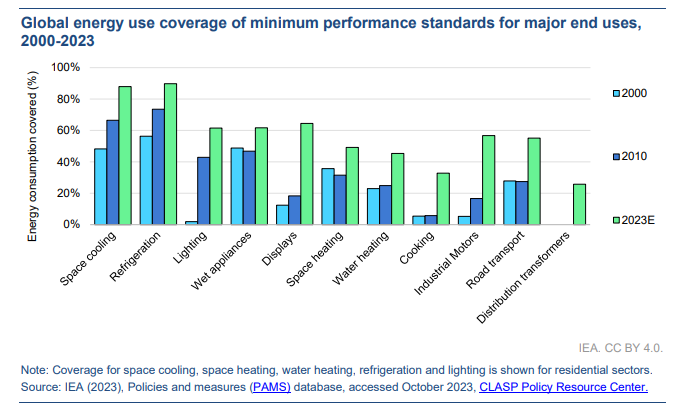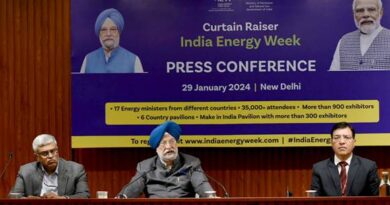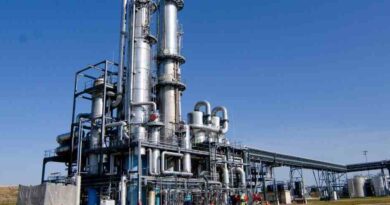IEA Report Cites Gujarat’s GIFT City Example For Innovative Cooling Systems

A recent report on Energy Efficiency Model within the residential space in India, released by International Energy Agency (IEA) underscores the importance of setting up efficient heating and cooling systems to mitigate emissions. The report gives example of Gujarat International Finance Tech (GIFT) in Gujarat, being the first city in India to implement an innovative cooling system. This system, involving creation of a central plant, that eliminates the need for individual air conditioning units. Examining global trends, the IEA notes that residential gas demand has peaked, plateaued, or declined in 34 out of 78 countries. Notably, Europe experienced a more than 15% drop in residential and commercial gas demand in 2022 due to increased prices following geopolitical events. The report emphasizes that countries like China, the United States, India, Brazil, Canada, Thailand, Malaysia, and Colombia—contributing over 60% of global electricity demand—reached a record peak between May and September 2023. This surge was influenced by various factors, including a milder winter, with more than 40% attributed to gas-saving measures. The report delves into regional variations, noting that some European countries saw a rise in household energy expenditure in 2023, except for exceptions like the Netherlands. The energy crisis of 2022 led to a slowdown in efficiency improvements across sectors, excluding transport, where the adoption of electric vehicles spurred progress.

Residential buildings, energy intensity reportedly decreased steadily from 2010 to 2022, with a 13% reduction. However, the COVID-19 lockdowns in 2021 temporarily worsened this trend, though there was a partial recovery in 2022. Commercial buildings exhibited stronger improvements, with mandatory national building energy codes reaching 81 for residential and 77 for non-residential buildings in 2023. India’s introduction of four new energy efficiency policies for residential appliances aligns with its goal of reducing energy intensity by 45% by 2030. The report observes a shift away from gas for residential space heating, accentuated by high gas prices during the 2022 energy crisis. Residential heat pump sales surged in 2022, reflecting a growing preference for electrification of heat. The IEA estimates a 65 bcm decline in gas demand in buildings in advanced economies from 2021 to 2030, attributed to efficiency improvements and heat pump adoption. In the global outlook, the IEA predicts a sustained reduction in natural gas demand in OECD Europe and the United States due to weather-related factors and policy initiatives. China’s gas demand growth is expected to slow, while emerging markets in Asia may experience marginal increases in the medium term.




